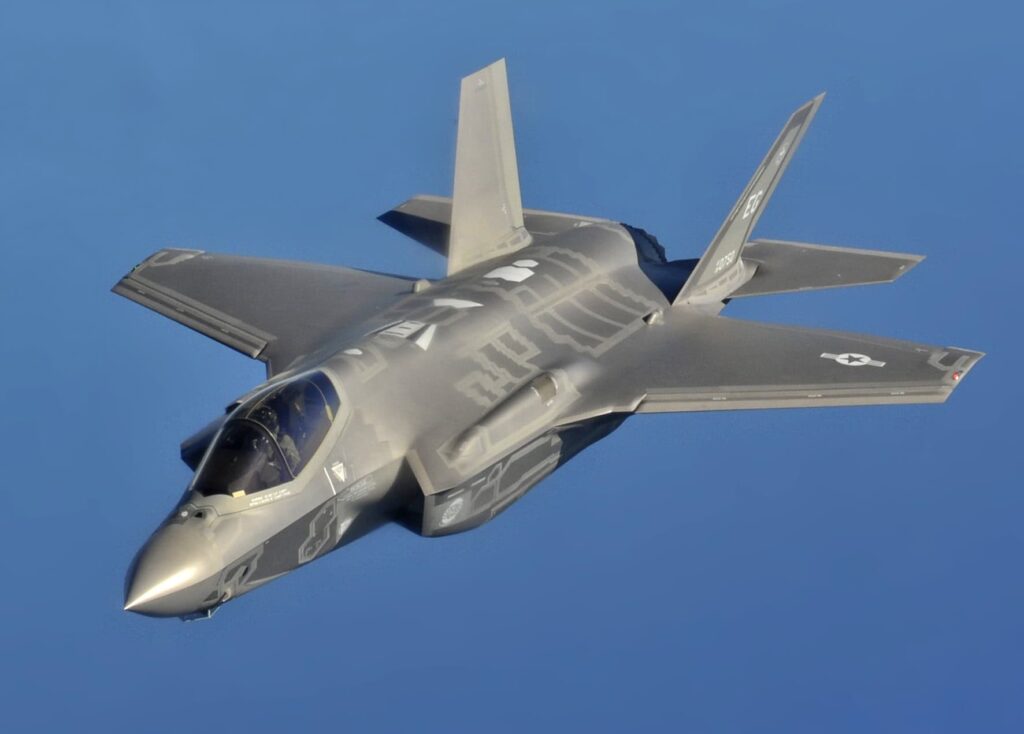
The latest findings from the Global Firepower Index reveal that the United States remains the world’s top military power in 2025, while significant shifts have occurred for other nations such as Japan, Iran, and Pakistan. These changes reflect a complex interplay of military capabilities, economic conditions, and geopolitical factors that impact global military strength.
As countries continue to increase their defense spending, the varying rates of investment and improvements contribute to the changes in military rankings. The Global Firepower Index evaluates over 60 factors, including manpower, equipment diversity, logistics, and geographic advantages, making it a comprehensive tool for assessing military effectiveness.
Japan’s Steady Position Despite Relative Decline
Japan fell from 7th place in 2024 to 8th in 2025 in the Global Firepower Index, with a defense budget of $57 billion. This decline is not attributed to a significant reduction in Japan’s military capabilities, but rather to advancements made by other nations that outpaced its own growth. While Japan maintained steady development in military resources, competitors have increased their defense spending and readiness, leading to Japan’s relative slip.
Iran’s Military Influence Diminishes
Iran’s ranking dropped from 14th in 2024 to 16th in 2025, with a defense budget of $15.45 billion. The nation’s military effectiveness has been hampered by strategic setbacks involving regional proxies, which have weakened its influence. Ongoing economic sanctions have further strained Iran’s capacity to procure and maintain military assets. As other nations improved their military capabilities, Iran’s position deteriorated despite not experiencing a drastic decline in its own military strength.
Pakistan Faces Challenges Amid Political Instability
Pakistan’s military power has seen a notable decline, dropping from 9th in 2024 to 12th in 2025, despite its estimated arsenal of over 170 nuclear warheads. With a defense budget of $7.64 billion, Pakistan’s military ranking reflects its significant capabilities primarily derived from its ballistic and standing army. However, ongoing political instability and economic challenges have raised concerns about the sustainability of its military power. The shifting dynamics in relations with the United States, particularly concerning counterterrorism, have also influenced Pakistan’s military landscape.
Egypt’s Economic Struggles Impact Military Readiness
Egypt’s military ranking has seen a downturn, falling from 15th in 2024 to 19th in 2025, with a defense budget of $5.87 billion. The nation’s economic challenges, including currency instability and rising budget deficits, have constrained its ability to modernize military hardware. Although Egypt’s military remains significant in the Middle East and North Africa (MENA) region, it faces hurdles in maintaining its strength amid relative improvements from other nations. The military’s involvement in the economy raises questions about its long-term sustainability, especially given recent geopolitical events affecting Egypt’s financial stability.
Ukraine’s Resilience Tested by Ongoing Conflict
Ukraine’s military has slipped from 18th place in 2024 to 20th in 2025, with a defense budget of $53.7 billion. The sustained conflict has resulted in heavy equipment losses that have not been fully compensated. Delays in Western military aid have further strained Ukraine’s operational capabilities. Although the nation continues to demonstrate resilience, the competitive nature of global military rankings highlights the toll of prolonged conflict, as other countries advance in military readiness and capability.
Understanding these rankings is crucial for assessing the global balance of military power. The United States continues to lead, while Japan, Iran, and Pakistan grapple with various challenges that affect their standings. As global military spending rises, nations must navigate economic and political landscapes to maintain or enhance their military effectiveness. The changing dynamics in military capabilities underscore the importance of strategic investments and international relations in shaping the future of global defense.







